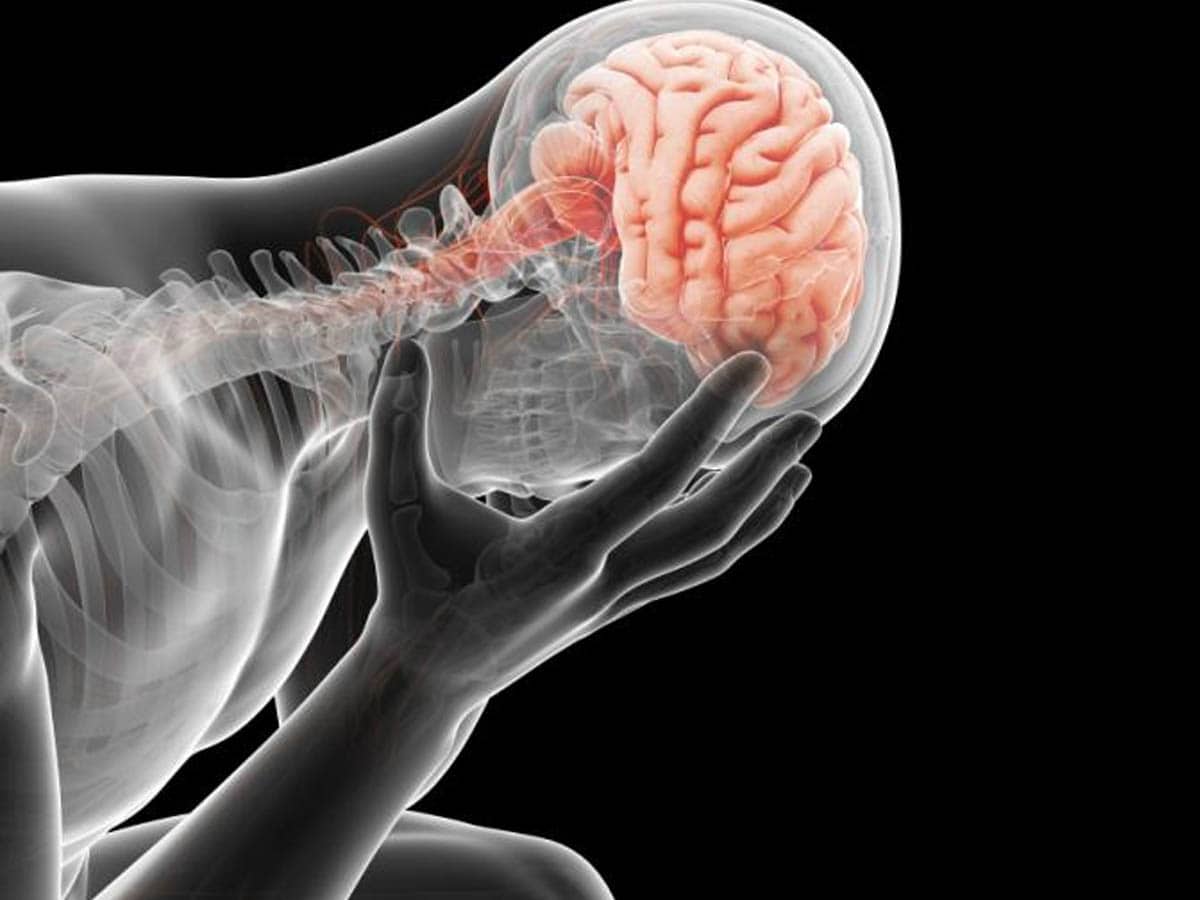London: Researchers have found that coronavirus disease can cause severe inflammation in the central nervous system.
The study, led by a team of researchers from the University of Freiburg in Germany, showed that a severe inflammatory response can develop in the central nervous system of Covid-19 patients involving different immune cells around the vascular system and in the brain tissue.
“Even though there was already evidence of central nervous system involvement in Covid-19, the extent of inflammation in the brain surprised us,” said lead author Henrike Salie, Faculty of Medicine at the University’s Medical Center.
“In particular the many microglial nodules we detected cannot usually be found in the healthy brain,” added Marius Schwabenland, Faculty of Medicine, at the varsity.
For the study, published in the journal Immunity, the team used a novel measurement method, imaging mass cytometry, and were able to determine different cell types as well as virus-infected cells and their spatial interaction in previously unseen detail.
In particular, the essential defense cells of the brain, known as microglial cells, are particularly strongly activated, and we also observed migration of T-killer cells and development of a pronounced neuroinflammation in the brain stem.
The immune changes are particularly detectable near small brain vessels. In these areas, the viral receptor ACE2 is expressed, onto which the coronavirus can dock, and the virus is also directly detectable there, the researchers said.
“It seems plausible that the immune cells recognise infected cells there and that inflammation then spreads to the nerve tissue, causing symptoms It is possible that early immunomodulatory or immunosuppressive treatment could reduce inflammation,” said Professor Bertram Bengsch, Section Head of Translational Systems Immunology in Hepatogastroenterology at varsity.

